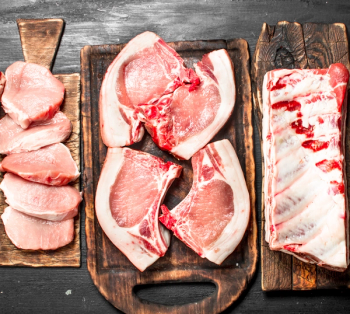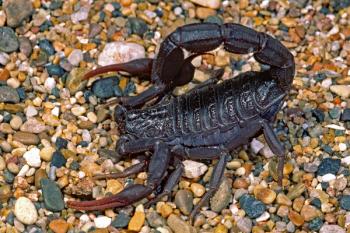
E-Separation Solutions
- E-Separation Solutions-02-11-2008
- Volume 0
- Issue 0
Ask the Editor: Ion Exchange
When is it acceptable to use a strong anion exchange HPLC column in place of a weak anion exchange column? Is it ever acceptable?
An LCGC reader recently submitted the following question:
When is it acceptable to use a strong anion exchange HPLC column in place of a weak anion exchange column? Is it ever acceptable?
The following answer was provided by Tom Jupille, president of LC Resources, Inc. (Walnut Creek, California).
The short answer: If you can demonstrate that it works, then it's acceptable . . . but don't hold your breath; you're unlikely to make it work without modifying other parameters such as pH, ionic strength, or mobile phase salt type.The longer answer: the terms "strong" and "weak" refer to the pKa of an ion exchanger, just as they do to any acid or base. A strong exchanger has a very low (acid) or high (base) pKa, and is therefore completely ionized at any reasonable intermediate pH. Examples would be sulfonate ("S") cation exchangers or quaternary ammonium ("Q") anion exchangers. A weak exchanger has an intermediate pKa; the degree of ionization varies over a 3-4 pH unit range around the pKa. Examples would be carboxymethyl (CM) cation exchangers or diethlyaminoethyl (DEAE) anion exchangers."Strong" and "weak" are often confused with "high capacity" and "low capacity." The capacity of an ion exchanger is the amount of charge per unit volume of column packing. It is quite possible to have a low-capacity strong exchanger or a high-capacity weak exchanger. The difference is that the capacity of a weak exchanger can be pH-dependent.If the operating pH of the method is near the pKa of a weak exchanger, then the chances of matching the ion exchange capacity in a strong exchanger range from slim to none. Even if you do match the capacity, secondary factors such as substrate chemistry, charge density of the ligand, and so forth come into play and make an exact match extremely difficult (in fairness, those same factors would apply even when substituting another weak exchanger).
Questions?
LCGC technical editor Steve Brown will answer your technical questions. Each month, one question will be selected to appear in this space, so we welcome your submissions. Please send all questions to the attention of "Ask the Editor" at
Articles in this issue
almost 18 years ago
Artifact Free Analysis of Lignins by GPC using PolarGel-Malmost 18 years ago
Technology Forum: Pittconalmost 18 years ago
Market Profile: Amino Acid Analyzersalmost 18 years ago
PSS GRAM Columns for GPC/SEC Characterization of Natural StarchesNewsletter
Join the global community of analytical scientists who trust LCGC for insights on the latest techniques, trends, and expert solutions in chromatography.




